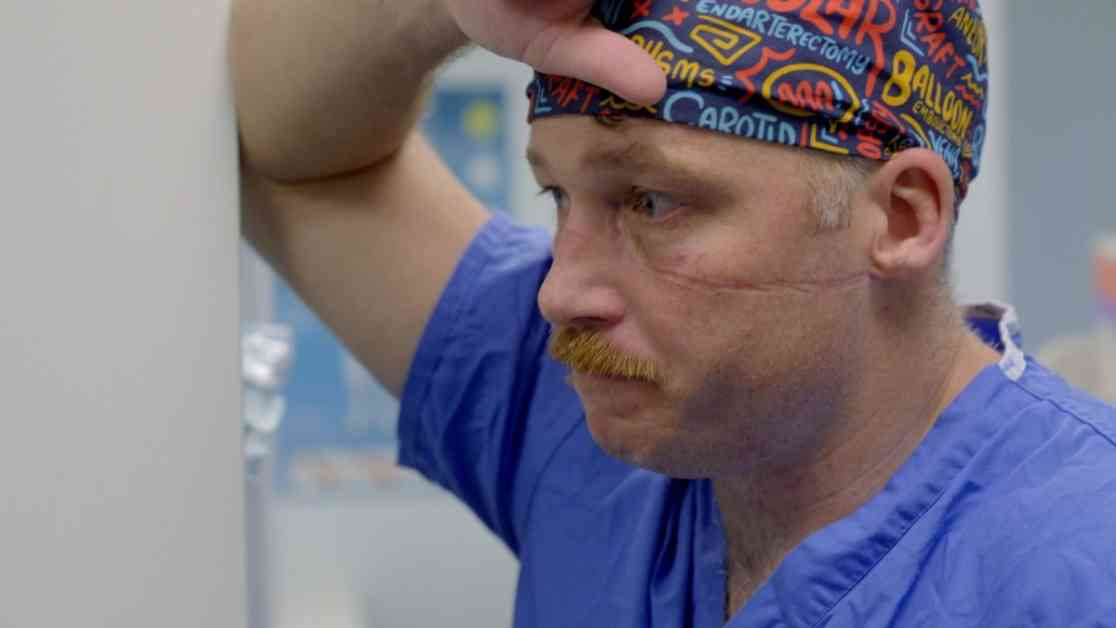Improving Surgical Care in Cardiff: A Critical Call to Action
The portrayal of scalpel-wielding physicians on television has captivated audiences worldwide, shedding light on the intricate and life-saving work performed by surgeons. From popular shows like Channel 4’s “Super Surgeons: A Chance at Life” to BBC Two’s “Surgeons: at the Edge of Life” and the new series “Saving Lives in Cardiff,” viewers are given a glimpse into the high-stakes world of surgical care. These programs not only showcase the dedication and skill of medical professionals but also highlight the critical role they play in saving lives.
The Human Touch of Surgery
In the latest episode of “Saving Lives in Cardiff,” viewers were introduced to a diverse range of patients and their journeys through surgery. One such case involved 19-year-old Chelsea, who faced a daunting tumor in her brain that threatened her speech and mobility. Under the care of neurosurgeon George Eralil, Chelsea placed her trust in the skilled hands of her medical team. As Eralil delicately navigated the intricacies of the surgery, viewers witnessed the emotional bond between patient and physician unfold on screen.
In another poignant moment, 74-year-old John faced the uncertainty of surgery for an abdominal aortic aneurysm. Consultant Lewis Meecham, drawing upon personal loss in his family, approached John’s case with compassion and expertise. The raw emotions of John, facing the possibility of mortality, were captured with sensitivity, underscoring the human aspect of surgical care.
Challenges in Surgical Care
While the dedication and skill of surgeons are undeniable, the episode also shed light on the challenges faced within the healthcare system. The vascular department, responsible for the hospital’s highest number of emergency admissions, grappled with the constant influx of critical cases. With limited resources and overwhelming demand, the strain on surgeons like Meecham was palpable.
The episode also highlighted the impact of long waiting lists and the prioritization of emergency surgeries over scheduled procedures. Patients like 67-year-old Jackie, whose operation was repeatedly postponed, faced the harsh reality of a strained healthcare system. Surgeons like Meecham, tasked with balancing urgent cases with delayed surgeries, voiced their frustrations at the mounting pressures they faced.
A Call to Action
As “Saving Lives in Cardiff” continues to unfold, it serves as a poignant reminder of the urgent need for improved surgical care. The dedication and expertise of surgeons are undeniable, but without adequate support and resources, their ability to save lives is hindered. The narrative of the episode underscores the importance of addressing the backlog within the NHS and ensuring that patients receive timely and effective care.
In the words of Meecham, “I can’t go on like this. I can’t see the light at the end of the tunnel.” The plea for action is clear – we must prioritize the well-being of our healthcare professionals and invest in the infrastructure needed to support their life-saving work. As viewers continue to tune in to “Saving Lives in Cardiff,” the critical call to action reverberates beyond the screen, reminding us of the essential role that surgical care plays in our society.













